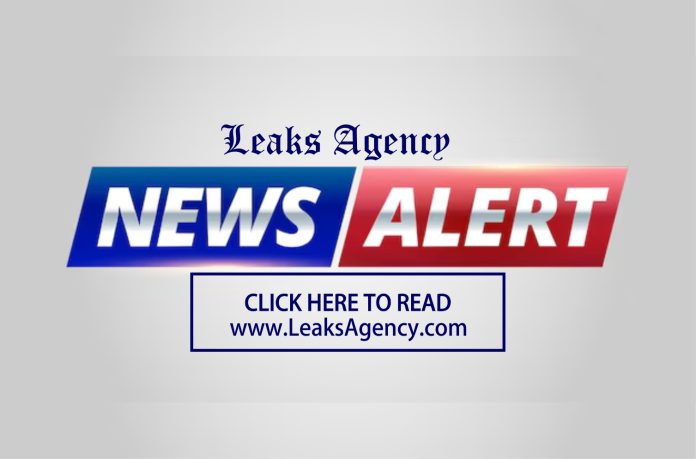The World Health Organization ( WHO) has enjoined Nigeria and other countries in the region to be vigilant against polio through robust surveillance systems, and also respond rapidly with high quality vaccination campaigns.
WHO Regional Director for Africa , Dr Matshidiso Moeti, made the call in her statement to mark this year’s World Polio Day .
She said, “Vigilance is also critical. We need to enhance surveillance, especially in underserved areas, and accelerate our response to any new detections. Equally important is the need to scale up high-quality vaccination campaigns; improve routine immunization coverage, and ensure that the polio program’s infrastructure continues to benefit other public health priorities. Progress is real, but setbacks can occur when we lose vigilance.”
She said this year, the region has reached significant milestones, including the notable success of Madagascar, which has now gone a full year without detecting circulating variant poliovirus type 1 (cVDPV1).
Dr Moeti said the rapid advancement of polio diagnostics and sequencing technologies is another significant step forward in the eradication efforts and beyond.
“In Southern Africa, we marked the closure of the imported wild poliovirus type 1 (WPV1) outbreak that was declared in 2022. The swift and coordinated efforts of Malawi, Mozambique, and neighboring countries Tanzania, Zambia, and Zimbabwe also inspire optimism. These achievements highlight the strength of joint action, the resilience of our communities, and the unwavering dedication of frontline health workers,” she said.
She said the comparison of the detection of circulating variant polio type 2(cVPV2), in 2023 and 2024 (as of 31 August for each year), showed that cVDPV1 detections have decreased by 96%, while cVDPV2 detections have dropped by 65% in the African Region.
The WHO Regional Director said despite substantial efforts, the virus persists in these regions, fueled by factors like insecurity, limited access to healthcare, and high levels of population movement.
She said in 2024 alone, 134 polio type 2 detections (both in the environment and in affected people, as of September 5th) have been reported jointly in Burkina Faso, Cameroon, Central African Republic, Chad, Mali, Niger and Nigeria.
Dr Moeti said strong political commitment is crucial to the fight against polio , adding that government leaders, WHO, UNICEF, and other partners joined forces in July and August 2024 to develop a coordination plan aimed at eradicating variant poliovirus in the above countries.
She added that as a result, nearly 70 million children in high-risk areas in those countries have been vaccinated since the beginning of the year.
She called on all governments, partners, and communities to recommit to the cause.
She said, “Let us honor the sacrifices and dedication of the health workers, community leaders, and families who make this progress possible.Our success is not just Africa’s—it is the world’s. With sustained momentum, strong leadership, and global solidarity, a polio-free future is within our reach. Together, we can attain a polio-free world.”
Nigeria was declared wild poliovirus free in 2020. However, the circulating Variant Polio Virus2 (cVPV2) strain transmission continues.
Recently the National Primary Health Care Development Agency (NPHCDA) said Nigeria is currently witnessing an intense transmission of cVPV2 with a total of 70 cVPV2 recorded from 46 local government areas across 14 northern states.



